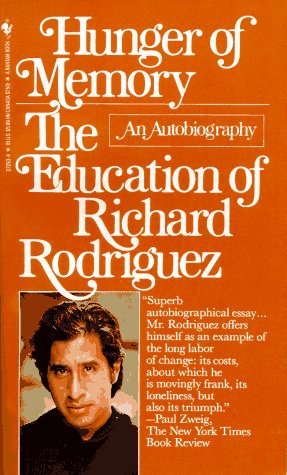with the caveat that I am not updating as regularly as I once did. But I'm still around.
Thanks! And happy reading.
"I could perhaps live without writing. I don't think I could live without reading." - Alberto Manguel A History of Reading
 If you have read my blog over the past few years, than you know that Connie Willis is one of my favorite authors. I love her humor and her attention to detail. The books she has written about time-traveling historians fulfill some of my favorite fields: history, comedy, sci-fi. So I was thrilled when I found out she was writing another book about future historians traveling back to World War II (not just any historians. This book is a return to the world she created in two other books. It makes for a more complete story if you've read her other time travel books). Then I discovered she was only releasing half of the book at a time. It is not a series. It is literally one story that stops dead in the middle. You cannot read one of the books without reading the other. I would rather the book had been published together (as though I have any say in the matter, right?) But it did make me hesitate before I read the books.
If you have read my blog over the past few years, than you know that Connie Willis is one of my favorite authors. I love her humor and her attention to detail. The books she has written about time-traveling historians fulfill some of my favorite fields: history, comedy, sci-fi. So I was thrilled when I found out she was writing another book about future historians traveling back to World War II (not just any historians. This book is a return to the world she created in two other books. It makes for a more complete story if you've read her other time travel books). Then I discovered she was only releasing half of the book at a time. It is not a series. It is literally one story that stops dead in the middle. You cannot read one of the books without reading the other. I would rather the book had been published together (as though I have any say in the matter, right?) But it did make me hesitate before I read the books.
 Now that my kids have jumped into reading I am beginning to realize how many levels of books it is necessary to have. I knew about the categories of pictures, beginning readers, and chapter books. But my kids are smack in-between beginning readers and longer chapter books. They can handle chapters, but don't want 150+ pages. They still like pictures on pages, but want themes that relate to them. Thank goodness for librarians and classroom teachers. I have been compiling a list to meet the needs of Eldest who loves to read, likes adventure/fantasy stories, prefers human protagonists to animals, wants to read Harry Potter, but is still only 7. It's harder than I would have thought. But, in case, you have an avid reader who is still developing his reading ability, here are some suggestions that we are working on:
Now that my kids have jumped into reading I am beginning to realize how many levels of books it is necessary to have. I knew about the categories of pictures, beginning readers, and chapter books. But my kids are smack in-between beginning readers and longer chapter books. They can handle chapters, but don't want 150+ pages. They still like pictures on pages, but want themes that relate to them. Thank goodness for librarians and classroom teachers. I have been compiling a list to meet the needs of Eldest who loves to read, likes adventure/fantasy stories, prefers human protagonists to animals, wants to read Harry Potter, but is still only 7. It's harder than I would have thought. But, in case, you have an avid reader who is still developing his reading ability, here are some suggestions that we are working on: I first saw this book on a high school summer reading list at the bookstore in Colorado. Asking about it on the East Coast very few people had heard of it. That different alone peaked my interest. Is the academic interest in Hispanic culture that much larger west of the Mississippi? (Yes, there is a demographic reality that answers my question. But as an "American" isn't the melting pot relevant everywhere?) Lo and behold, my dad, a high school English teacher - who lives in Colorado - had the book on his shelf. So I stole his copy.
I first saw this book on a high school summer reading list at the bookstore in Colorado. Asking about it on the East Coast very few people had heard of it. That different alone peaked my interest. Is the academic interest in Hispanic culture that much larger west of the Mississippi? (Yes, there is a demographic reality that answers my question. But as an "American" isn't the melting pot relevant everywhere?) Lo and behold, my dad, a high school English teacher - who lives in Colorado - had the book on his shelf. So I stole his copy.